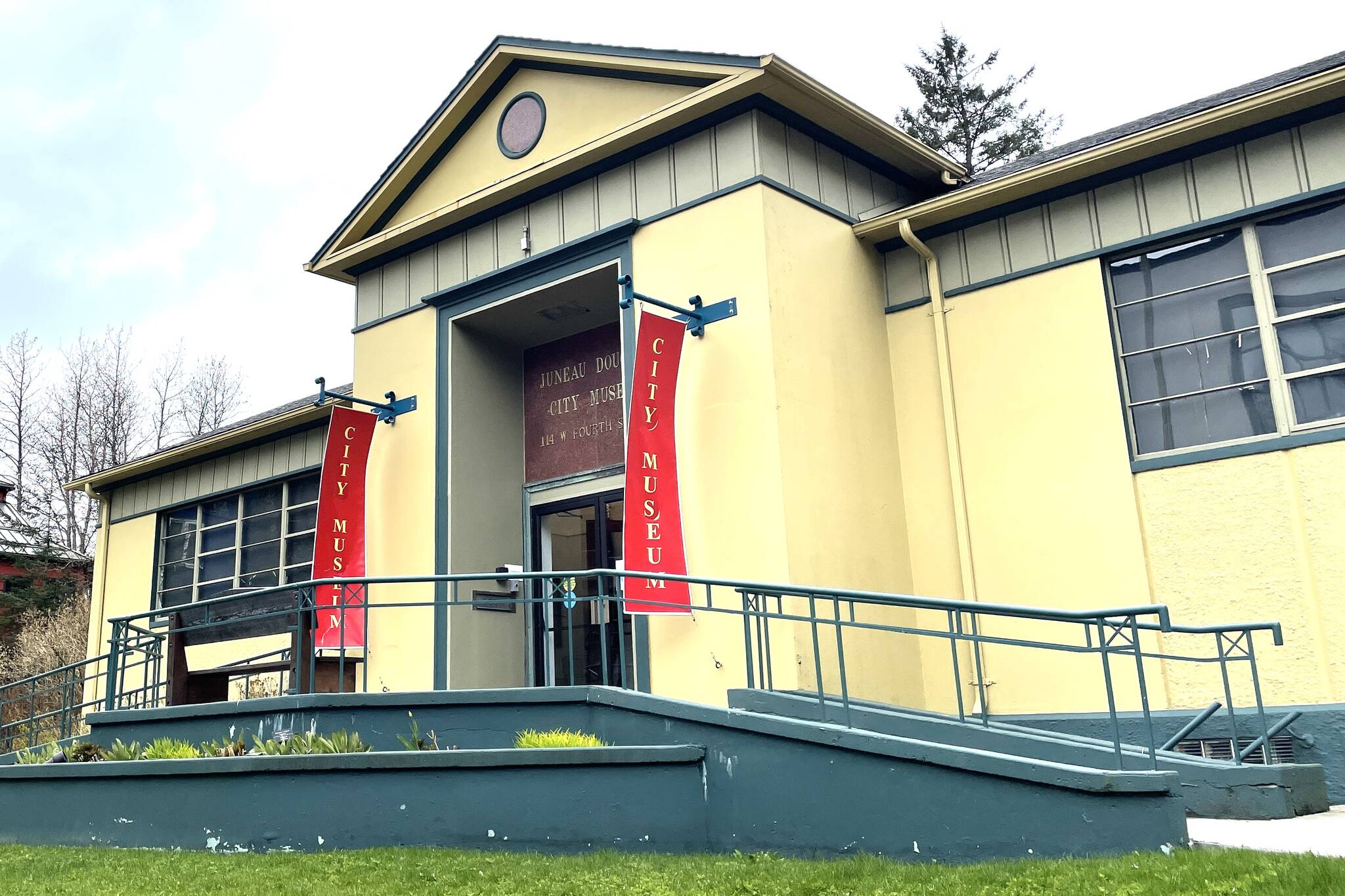As the city went about its day, Juneau’s Public Works and Facilities Committee considered a decision with crushing impact Monday afternoon.
The committee met to discuss the possibility of acquiring a crusher to streamline disposal of PFAS-bearing solid biowaste out-of-state, a move that could save the city millions in shipping costs.
“Part of treating our waste at the Mendenhall Wastewater Treatment Plant is to dry the sludge,” said Katie Koester, director of Juneau’s Engineering and Public Works. “We make these little cookies, and we ship our cookies to a landfill facility in Oregon.”
The previous process used to involve shipping the sludge down without drying, Koester said, but that was both messier and more expensive, Koester said.
“We’re in a much better place. We have much more control over the process now,” Koester said. “But it still involves shipping those solids to the Lower 48.”
[Juneau man indicted on multiple sexual abuse of minor charges]
Koester proposed acquiring a crusher for $2.5 million out of the wastewater enterprise fund, which the committee motioned to forward as an ordinance. The crusher would allow employees to pack the containers much more tightly and efficiently, saving on shipping costs, which are the largest part of the cost.
“You can’t get nearly as much volume,” Koester said. “The proposal is to crush the cookies to get more in each container and save $1.4 million annually.”
Wade Bryson, chair of the committee, warmed to the idea in the meeting.
“I have personally seen the inside of our wastewater plant and we are shipping a lot of air down south,” Bryson said. “This (crusher) seems to be a cost-effective solution.”
Users will likely not see a change to costs said Denise Koch, deputy director of the engineering division.
“We did not anticipate that we would have to raise rates to purchase this piece of equipment,” Koch said. “We have sufficient balance in our enterprise fund and quick payback on shipping costs.”
The biosolids cannot be disposed of in Alaska because of Department of Environment Conservation regulations regarding PFAS levels in solid waste. PFAS — so-called “forever chemicals” — are a group of synthetic, potentially harmful chemicals used in a wide variety of household products and industrial processes.
While the PFAS issues are an issue nationwide, Koester said, the technology to treat them thermally and eliminate PFAS from the waste is still in its infancy.
“What to do with and when and if regulations become tighter across the board is very real and it’s a boat we’re in with many other communities,” Koester said. “There’s a lot of people doing research on the thermal remediation technologies but it’s pretty nascent.”
City museum
The committee also had a non-action item, as Juneau-Douglas City Museum director Beth Weigel talked about some potential options for a new home for the city museum.
The current home, the Veteran’s Memorial Building, was built in 1951 and served as a library until it was repurposed as the city museum in 1989. Its size, age, and previous intended use all mean that there are aspects that are less than ideally suited to hosting a museum.
“There’s no do-nothing option,” said City Manager Rorie Watt. “This is another 70-year-old building.”
A new building with more space would allow the museum to tell more stories, which has been a focus in recent years, Weigel said.
“A new city museum would certainly have a lot of benefits,” Weigel said. “There’s stories we haven’t been able to tell. There’s plenty of room to grow there, which I think we’ve demonstrated recently with a lot of our projects with the Indigenous community.”
The current building has issues deriving from its aged construction and the issues buildings face in Juneau, Weigel said, such as water leaking into the basement and limited space.
“There’s definitely moisture that gets in through the windows,” Weigel said. “We also have a real problem with space for the collections. We do the best that we can there, not what’s best practice.”
While the presentation wasn’t intended to begin action today, it was meant to make sure people are aware it’s an issue that’s time is coming. A proposal for a nearly 13,000-square-foot new museum would have a cost of approximately $8.4 million, although Watt acknowledged that estimate was from before the pandemic. The current JDCM is approximately 5,500 square feet, Weigel said.
“The current cost estimate is pre-COOVID,” Watt said. “Undoubtedly it’s higher.”
The update Weigel provided pondered a new location on the waterfront, which would improve the parking situation as well as ease access for cruise ship tourists, helping to improve guest numbers and, as a corollary, revenue
• Contact reporter Michael S. Lockett at (757) 621-1197 or mlockett@juneauempire.com.

